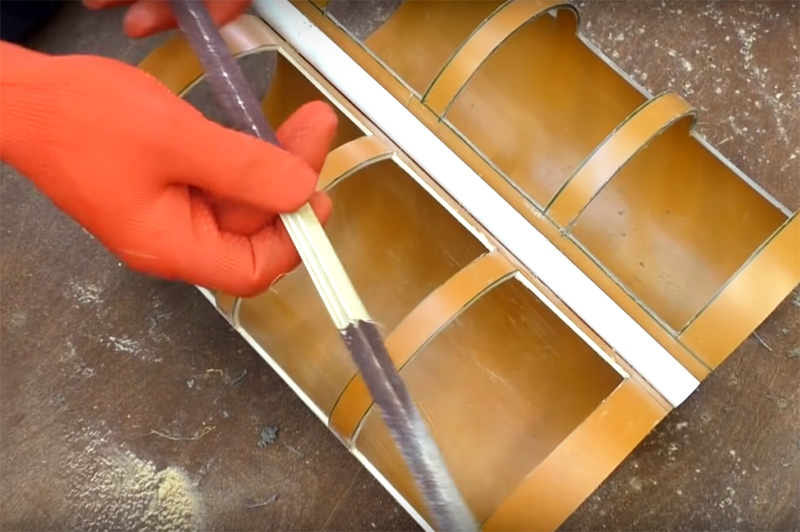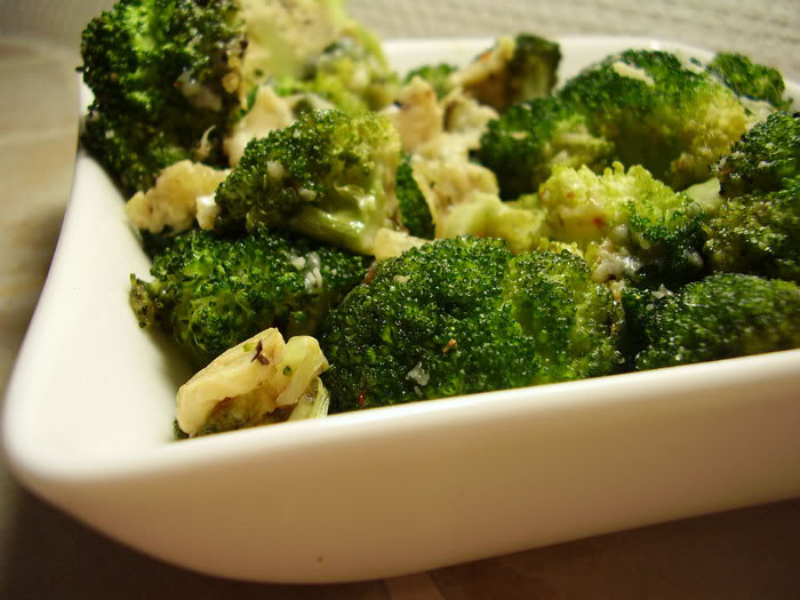Polished to a shine spoons, forks and knives - an important attribute of any feast. German silver cutlery available as a budget alternative to the silverware. They look so serving almost as good as an expensive design, but for them it is necessary to learn how to take care of properly.
It is difficult to imagine the life of modern man without cutlery.
Content
- 1 What is nickel silver alloy
- 2 Properties cutlery made of nickel silver
- 2.1 Spoons made of nickel silver
- 2.2 cupronickel fork
- 2.3 German silver teaspoons
- 3 What are the differences from a cupro-nickel silver
- 4 Proper care of German silver cutlery
- 5 VIDEO: How to clean nickel silver at home.
- 6 50 photos of beautiful cutlery made of nickel silver:
What is nickel silver alloy
Where did the tradition of giving the newlyweds went silverware in a luxurious package is unknown, but to make such a present is always a pleasure. London's impoverished aristocracy considered a sign of good manners pass on a set of cutlery made of nickel silver, or the more expensive metal. With proper care, they can be used for decades.
There is a lot of variety of forks, knives and other kitchen utensils.
Expensive for the type of tableware is not practically different from the more accessible. It is difficult to determine at a quick glance manufacturing material, especially if it is plated over the silver or Rhodium iron. The difference in value and percentage of metals, respectively, there are nuances care.
They may have a different shape, purpose and be made of different materials.
Melchior - a budget alternative to silver. The name comes from the German reading of the French inventors of the innovations names. This Mayo (Maillot) and Nicolas Chorier (Chorier) - alloy developers, which was created in Lyon in the early 19th century.
Unusual cutlery are popular among all the housewives.
Over time, a single-phase copper-nickel alloy is improved, changed the percentage composition. Experiments have led to the addition of manganese and iron in a small proportional ratio. There are new alloys such as Monel, constantan and nickel silver. Silver plated brass spoons and forks, also called German silver.
The alloy of nickel and copper was once considered a sign of wealth and respectable.
At present, the composition comprises up to 30% nickel, about 1% manganese and iron. This dimensional stability, corrosion and oxidation material. On the product eventually formed darkening characteristic of copper or brass. Because of this set of tea spoons and other items require preventive cleaning.
Properties cutlery made of nickel silver
Utensils made of "white copper" was known in the III century BC - copper tried to melt with the addition of nickel. Over time, this technology has been lost. Bowls and forks in a moist environment blackened, losing the aesthetic and practical value as a table decoration at the royal banquets. For imitation gold and silver once relied penalty.
Now the devices fabricated from this material, are very popular.
Modern cutlery antique look much better, respond well to polishing. Their aesthetic value determines the oxidation resistant metal. Gift baskets with classic and modern design. Melchior perfectly melted, cut, minted. One can solder, align bent tine forks, knives to sharpen and restore any other device, in contrast to more complex processing in silver.
Compared with silver, nickel silver is softer, and therefore out of it easy to create delicate products.
Spoons made of nickel silver
Copper-nickel alloy, from which punched cupronickel spoons, looks quite adequately, a characteristic shine under competent varnishing. By shades of different gift baskets may vary - from almost white to yellowish-copper, resembling brass gilded.
For modern devices for table is used modified metal composition: zinc removed from it, but instead as an addition to copper and nickel iron stands.
Note! Zinc, iron and manganese, included in the alloy, once declared unhealthy due to possible contact with the body of their oxides. Their percentage is negligible, zinc today is not in use. Cupronickel devices usually serve not only for the holiday feast.
It is difficult to answer unequivocally, and such alloys have at least some negative impact on the body. Most likely, peeled black deposit instruments do not cause significant harm, but do not have the ability to disinfect soda, which is typical for silver ions.
cupronickel fork
Cutlery set "silver" at a reasonable price - this is, of course, it is quite democratic Melchior. Most prized plug with rhodium, resistant to oxidation processes covering. Such items are absolutely harmless, therefore, widely used in daily practice.
Important! Plugs coated with silver or gold of several microns can not be processed acids and detergents which contain abrasive particles. Alloy, lost protective treatment will darken during operation.
German silver teaspoons
Nice to stir the sugar in a cup of coffee or tea beautiful German silver or a silver spoon. This is a great gift, even in a single instance, if you put it engraved with monograms, in imitation of the pre-revolutionary traditions. Today we can find a set of British spoons with tongs for desserts.
Even 2-3 centuries ago people were aware of the intricacies of personal hygiene. Merchants and landowners had their own equipment, including tea and coffee spoons. The outlet for the honey and jam for tea and pancakes were made to lay small cupronickel spoon that is relevant today.
According to research by psychologists, regular use of knives, forks, spoons made of nickel silver significantly reduces nervousness.
What are the differences from a cupro-nickel silver
The noble metal is always a stigma, never oxidize and retains the original appearance, although the weight of the heavier analogues. If we make a lapis (pencil) on silver and Melchior, the dark spot will appear on the top. But Democratic material has low thermal conductivity, so devices made of nickel silver is very convenient to use.
After heat treatment the metal utensils is attached additional strength. This significantly increases the duration of their use.
They are suitable for all-round application:
- for hot soups and broths;
- snacks straight from the grill and barbecue;
- dishes and salads;
- stirring coffee and tea.
Silverware is definitely more expensive, but better conductor of heat. metal composition and its commercial name is usually indicated on the certificate - a document of compliance stated standards. Crockery, inherited inherited, does not always meet the standards.
Use of a certain amount of nickel, iron and copper can create an alloy that is not susceptible to corrosion.
Employee and pawnshops periodically confronted with imitations of silver, even if they should the stigma of the master. Usually this conventional nickel silver, tin and silver coated to several microns (by electroplating).
The alloy contains trace elements that are essential for the organism.
Proper care of German silver cutlery
Acquainted with all the nuances, you can safely buy a very practical serving items - isolated with engraved name of the owner, as well as gift sets. One condition - they have to be washed with a soft sponge with warm soapy agent, rinse in cold water and occasionally a little polish flannel.
Devices with black is a classical one.
Immersion set in a hot soda solution at night, closing the bottom of the bowl of food foil - this will save them from debris and other contaminants. The alloy is also easy to clean tooth powder. Sometimes it can be cleaned with forks and spoons cloth with vinegar solution, rinse and dry.
Dishes from the "white copper" can be cleaned with ordinary baking soda.
For cleaning of silverware and articles cupronickel used as emulsion "Amethyst", "Sif-gel" or paste "Polimet" (user on the package). Keep them better in a closed box, and polyethylene, with no wet air. Then all things flawlessly serve more than one generation.
There are tools that are designed specifically for cleaning articles made of cupronickel.
Opting for German silver spoons and forks, should refrain from their use in the preparation of hot food. Repeated exposure to boiling water and acid environment will eventually lead to loss of the protective layer. Devices will turn black, to give a metallic taste. For a festive feast is a versatile option, if properly care for the products.
Dishes made of nickel silver is perfect for both everyday use and for formal and ceremonial events.



